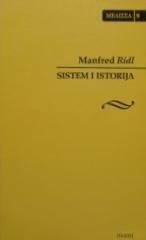
Kulturna istorija duše
Norwegian author Ole Martin Høystad's book provides a comprehensive overview of the development of the concept of the soul across different eras and cultures. The author explores how the concept of the soul has evolved from ancient times to the modern era
The book is structured chronologically, starting with the ancient world where the concept of the soul first appears in the works of Homer as a shadow or reflection of life. Plato's philosophy brings a deepening of the concept of psyche, presenting the soul as the immortal and divine essence of man. Aristotle, on the other hand, approaches the soul as a form of the body, linking it to the functions of life.
In the Middle Ages, Christian theology, especially through the works of Saint Augustine, interprets the soul in the context of sin and salvation, emphasizing its eternal significance. The Renaissance brings a humanistic approach, where thinkers such as Montaigne question the nature of the soul through the prism of skepticism and individualism. René Descartes introduces the dualism of body and soul, laying the foundations for the modern philosophy of mind.
Høystad also explores the perception of the soul in other cultures, with particular reference to Buddhism and Islam. In Buddhism, the goal is to transcend the individual soul in order to achieve enlightenment, while in Islam the soul plays a key role in the relationship with God and destiny after death.
No copies available
The last copy was sold recently.





